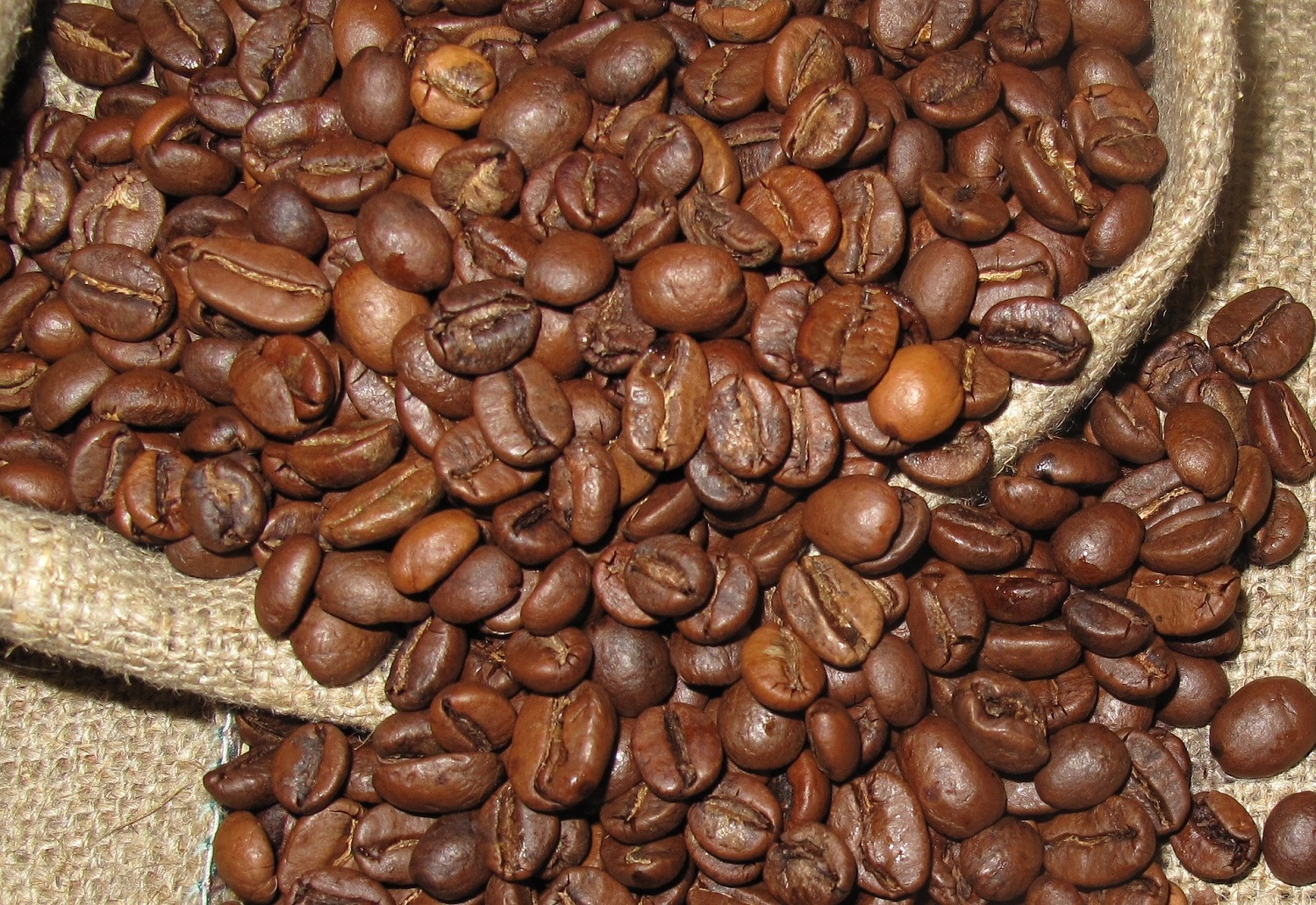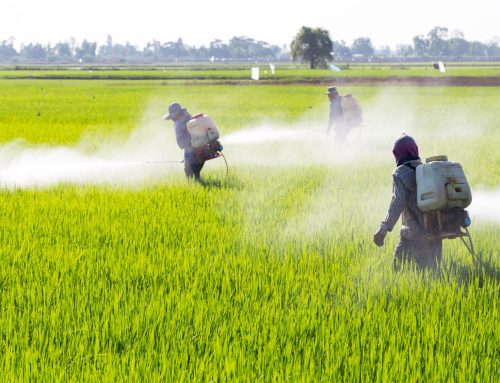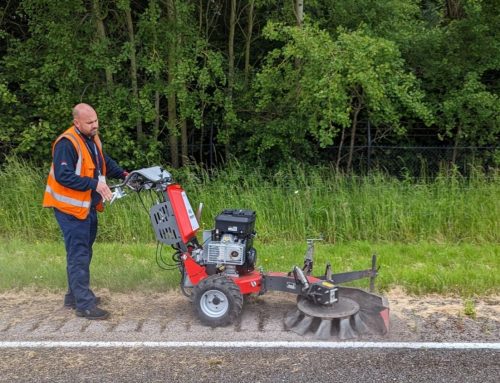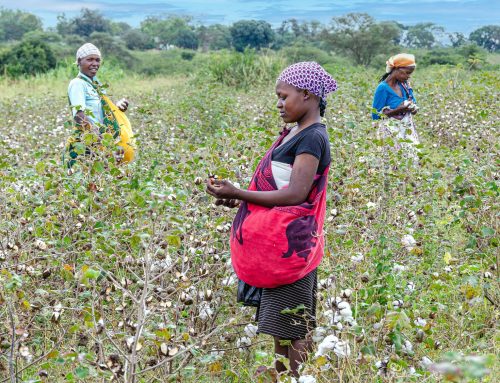by Renan Bajurto, Ecological Coffee Cooperative ‘La Labor’ (COCAFELOL)
(This post is part of a summary of presentations prepared by Dr Stephanie Williamson, PAN UK, from the Coffee without HHPs workshop in Costa Rica, April 2017)
Key messages:
- Each farm is a different world- it’s important not only to train farmers but to help them adapt and experiment different methods
- Success in coffee production without agrochemicals relies on microorganisms, living soils, well nourished plants + good management of water, soil and ground cover vegetation

Recent programme focuses on helping members recover from major outbreaks of coffee rust disease but without relying on Highly Hazardous Pesticides. Co-op runs a one year training course for farmers on ecological farming methods. The aim is to improve biological activity of the soil and to enhance health and nutrition of coffee bushes, making groves more resilient to pest and disease attack, especially under changing climatic conditions. Honduras is particularly vulnerable to coffee rust attack. COCAFELOL have gained good experiences using home-made mineral preparations and bioferment products, plus recycling pulp from coffee processing as fertiliser. See their revised Manual of Organic Coffee Production: Fertilisers for the Earth & Life ( Dec. 2015). This provides guidance on how to prepare and apply:
Mineral mixtures – sulfo-calcic; Bordeaux; visosa; sulfo-zinc; Bordeaux enriched with sulfo-calcic; ash
Bioferments – botanical extracts; treated cut grass with effective microbes
Solid fertilisers – based on coffee pulp, effective microbes, rock dust & manure





